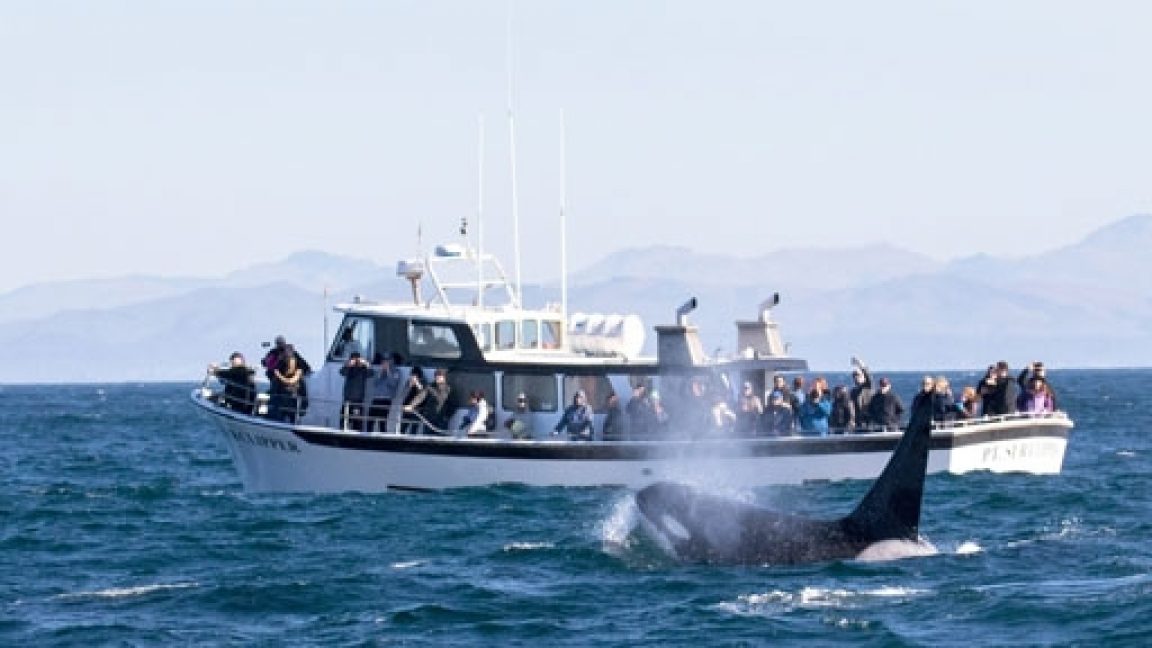Portugal’s Institute for the Conservation of Nature and Forests (ICNF) has implemented a new regulation prohibiting maritime tourist vessels from approaching groups of killer whales called Orcas.
This measure, effective from Tuesday, aims to mitigate incidents similar to those documented in recent years.
The ICNF statement highlighted that since 2020, there have been recorded “interactions” between killer whales and vessels, primarily sailboats, in areas including the Strait of Gibraltar, the Portuguese coast, and Spain’s Galicia region.

Instances involving smaller, licensed whale-watching tourist vessels have also been reported, leading to concerns due to the potentially “more serious” outcomes of such encounters.
The statement noted that while the exact reasons behind this recurrent behavior remain unknown, it is observed that the initial interactions, initially conducted by a small group of juvenile killer whales, are now involving larger groups of these marine mammals.
In response, the ICNF has decided to enforce restrictions on approaching these cetaceans. If killer whales attempt to approach vessels, the boats are required to move away to prevent potential incidents.
When killer whales approach unnoticed, the vessel must immediately halt but keep the engine running, monitor the animals’ behavior, and resume navigation once the whales have moved away.
This restriction will remain in effect until December 31 of the current year.
The Atlantic Killer Whale Working Group (GTOA) reported 207 recorded interactions with killer whales in 2022, spanning the waters from the Strait of Gibraltar to Galicia, including the Portuguese coast.

